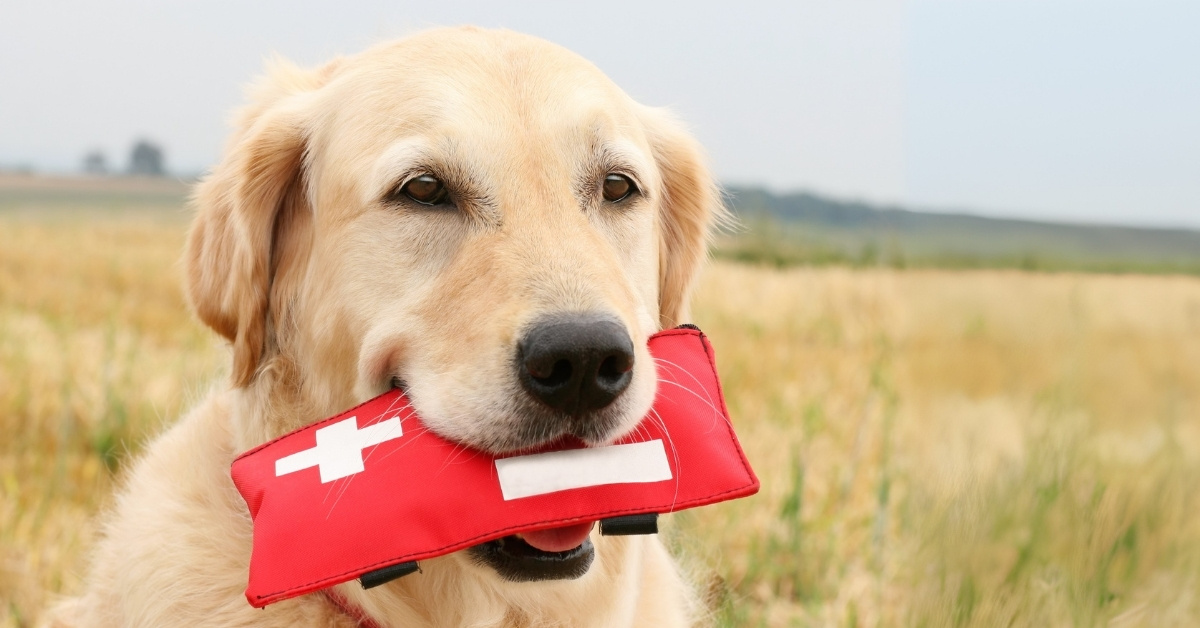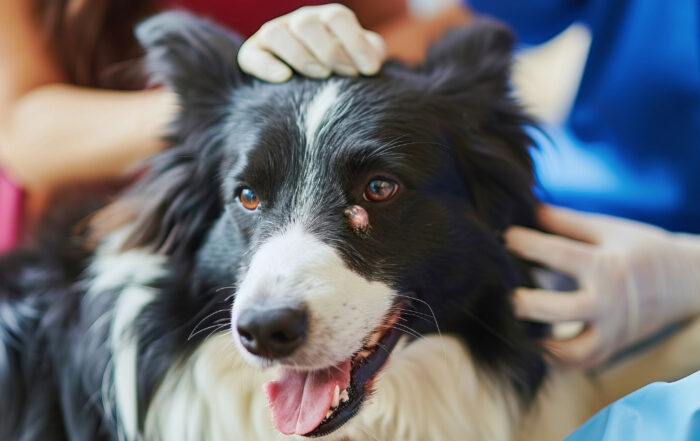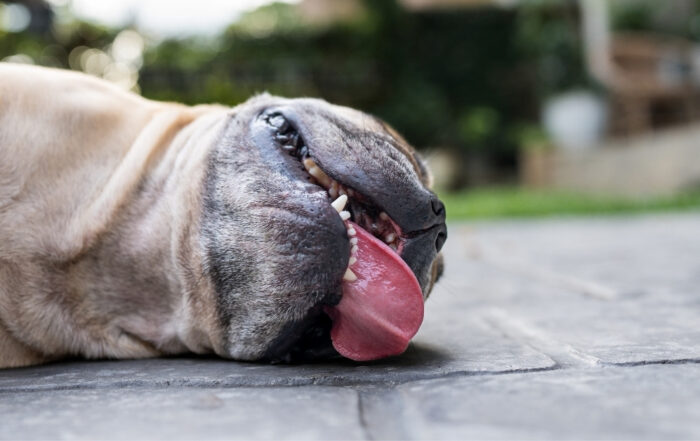What to Include in a Pet First Aid Kit

While we do not recommend treating your pets at home without specific veterinary guidance, having these basic first aid items can help for immediate response in an urgent or emergency while you consult a veterinarian.
Always consult a veterinarian for significant health issues and remember that these items are for temporary first aid only! And do not forget, Ally Urgent Veterinary Care is here for you with locations in Chesapeake and Virginia Beach. Call us (7-days-a-week) at 757-900-ALLY (2559).
Recent Posts






